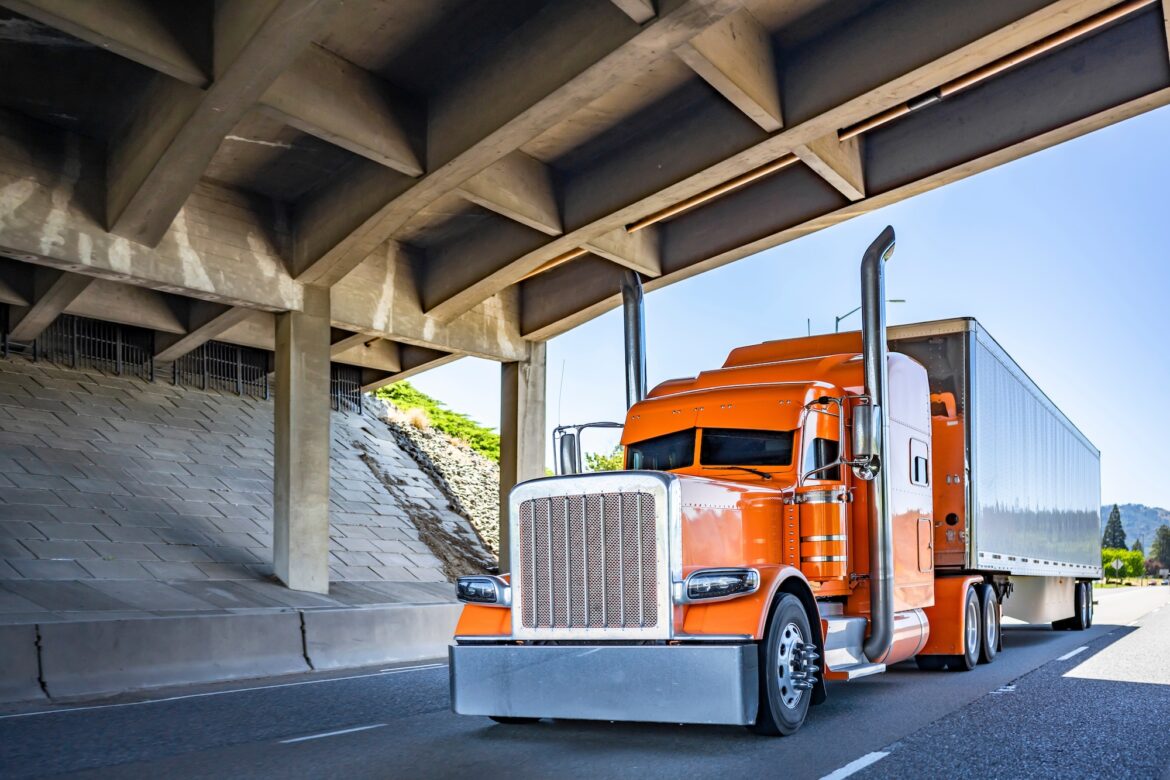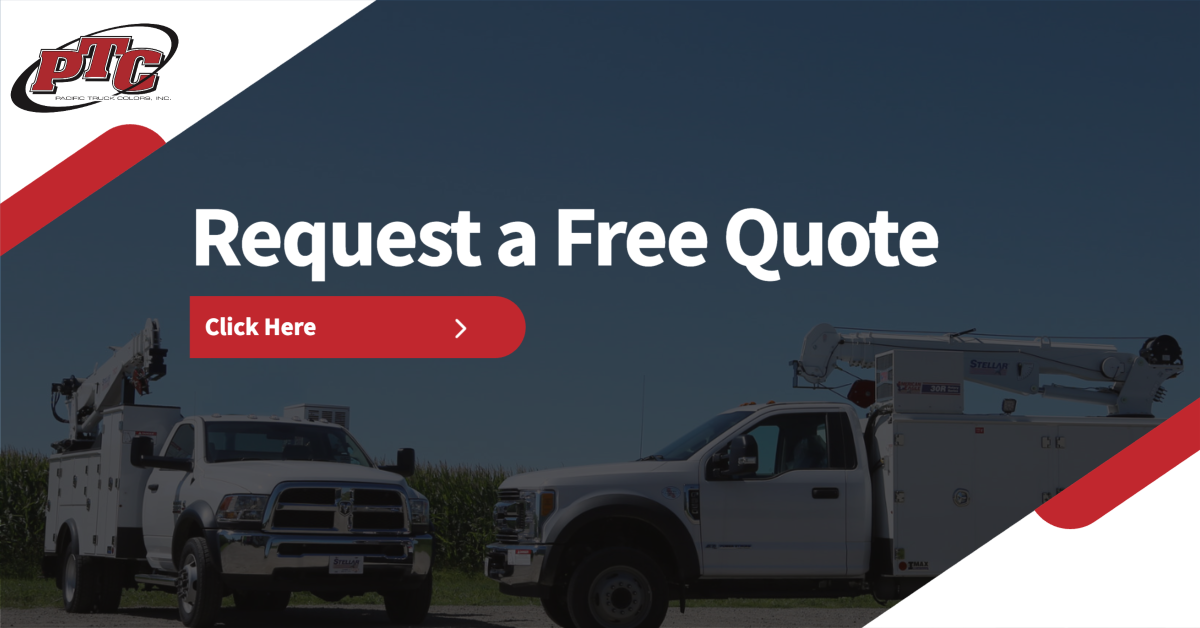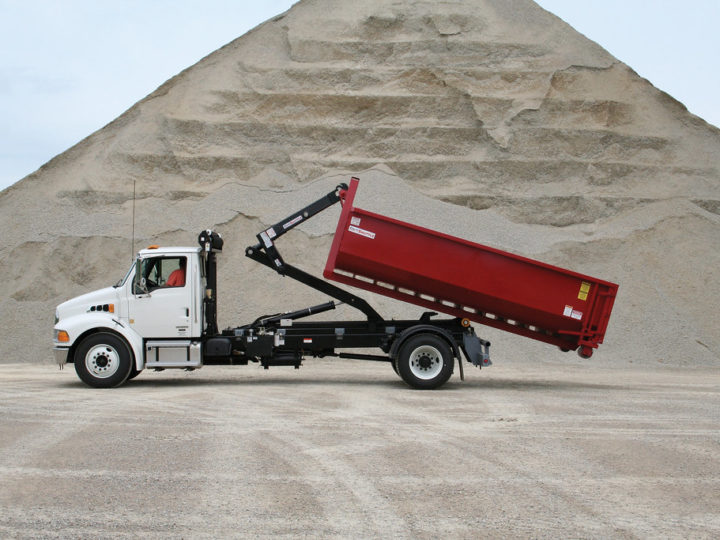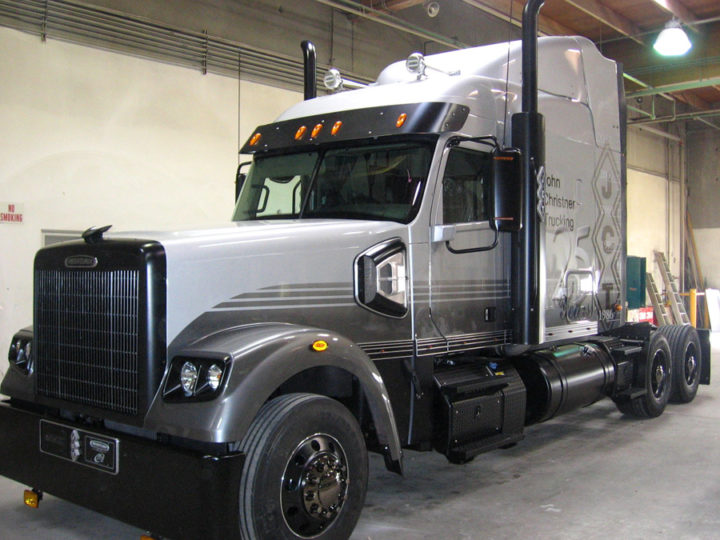
An Oregon truck permit is essential for anyone operating a commercial truck within the state’s borders. This permit ensures legal compliance and protects drivers and fleet managers from fines or operational delays.
Navigating the complexities of Oregon’s trucking industry—like weight limits, route restrictions, and environmental standards—requires proper permits to operate smoothly without penalties or disruptions. Whether you’re managing a fleet or driving your own truck, understanding the nuances of an Oregon truck permit is crucial.
This guide will walk you through the essential steps, costs, and insurance requirements for securing an Oregon truck permit, as well as the types of permits available to keep your operations compliant and efficient.
Oregon Truck Permit: Key Steps and Requirements for Compliance
Securing an Oregon truck permit is a multi-step process that ensures each commercial truck meets the state’s regulatory requirements. To apply, truck operators must first register with the Oregon Department of Transportation (ODOT), which manages permits for all commercial trucking within the state. Here’s an outline of the steps for obtaining an Oregon truck permit:
- Determine Eligibility: Not all trucks require the same permit. Eligibility depends on vehicle weight, type of load, and operational purposes.
- Complete Application Process: Visit the ODOT Motor Carrier Transportation Division website to fill out the required forms, including details about the truck’s specifications, intended use, and operator information.
- Provide Documentation: Documentation typically includes proof of insurance, registration, and any prior permits, if applicable. Safety records and vehicle inspections may also be required.
- Submit Fees: Permit costs vary based on the truck type and operational specifics. Fees are necessary for permit issuance and may include additional charges depending on routes and load types.
- Permit Approval: After submission of all paperwork and fees, approval times vary. Once approved, truckers receive an official permit to operate legally within Oregon’s jurisdiction.
Understanding Oregon Commercial Truck Permit Types
Oregon offers various commercial truck permits tailored to different operational needs, from one-time hauls to recurring heavy loads. Choosing the right permit type not only ensures compliance but also helps streamline operations and avoid unnecessary fees. Here’s a breakdown of the main permit types and when each might be most useful:
Single Trip Oversize/Overweight Permits: Designed for one-time transportation of exceptionally large or heavy loads, such as excavators with a gross weight of 140,000 pounds, trusses measuring 90 feet long, and logging equipment reaching 16 feet in height. This permit is ideal for operators handling oversized items occasionally, where purchasing an annual permit may not be cost-effective.
Annual Oversize/Overweight Permits: These permits cover recurring transport needs for both divisible and non-divisible loads. For instance, they are useful for carriers hauling loads up to 105,500 pounds or moving single, non-divisible items that exceed width or length limits. This permit provides a cost-effective solution for businesses with ongoing transportation of heavy goods, reducing the need for repetitive single-trip permit applications.
Self-Issue Permit Program: This program allows qualifying carriers to self-issue single-trip permits, significantly reducing the processing time and ensuring quicker turnarounds for operations with frequent heavy hauls. This option is particularly useful for companies managing multiple heavy-duty trucks or those transporting equipment on a flexible schedule.
Superload Permits: Required for extremely large loads that exceed the usual permit limitations, such as loads wider than 16 feet on interstates or over 14 feet on state two-lane highways. These permits often involve additional planning, such as route surveys and special safety measures, to protect infrastructure and ensure safe passage. Superload permits are commonly used for infrastructure-related equipment, industrial machinery, or oversized agricultural equipment.
Choosing the proper Oregon commercial truck permit helps operators remain compliant with state regulations while optimizing their fleet’s efficiency.
Oregon Trucking Regulations: Key Rules and Guidelines To Follow
Oregon has strict trucking regulations to maintain road safety, protect the environment, and ensure efficient road use. Truck operators must be familiar with these regulations, which affect everything from weight limits to safety standards.
Weight and Size Limits: Oregon imposes strict limits on truck weight and size. Overloading a truck can result in fines and penalties, so adhere to these limits or obtain an over-dimension permit if needed.
Safety Inspections: Trucks operating in Oregon must pass regular safety inspections, covering areas like brakes, tires, and engine condition. Inspections help prevent accidents and ensure public safety.
Environmental Standards: Oregon prioritizes environmental protection, and trucks must comply with emissions standards to minimize air pollution. Failing to meet these standards can result in hefty fines or permit revocation.
Route Restrictions: Certain routes have restrictions on the types of vehicles allowed, so it’s essential to know which routes are permitted for commercial trucking operations.
Staying compliant with Oregon trucking regulations prevents penalties and ensures safe and efficient road use for all drivers.
Oregon Trucking Insurance: Essential Coverage for Your Permit
Trucking insurance is critical to obtaining and maintaining an Oregon truck permit, as it not only ensures compliance with state regulations but also protects fleet operators and drivers from potentially significant financial risks. Oregon law mandates specific types of insurance coverage for commercial trucking companies, offering vital protection in the event of accidents, cargo loss, or damage to vehicles.
Liability Insurance: Liability insurance is the minimum required by law and covers damages or injuries caused by the truck operator to third parties. This coverage includes both bodily injury and property damage liability, which means it will pay for medical expenses, legal fees, and repair costs associated with accidents for which the truck operator is found at fault. Liability insurance is crucial for all commercial operators, as it protects against costly legal liabilities.
Cargo Insurance: Cargo insurance protects goods in transit, covering the cost of damaged or lost items. This is especially important for businesses transporting valuable freight, as it offers financial security against accidents, theft, or unforeseen incidents that could lead to cargo loss. For fleet managers, cargo insurance ensures that clients’ products are safeguarded, fostering trust and reliability in transport services.
Physical Damage Insurance: Physical damage insurance covers the truck itself, providing compensation for repairs or replacement if the vehicle is damaged in an accident, by natural disasters, or through vandalism. This coverage is essential for protecting the value of the fleet, especially for long-haul trucks exposed to diverse risks. Physical damage insurance is typically divided into two parts: collision coverage, which applies to accidents involving other vehicles, and comprehensive coverage, which applies to non-collision incidents, such as theft or weather damage.
Uninsured/Underinsured Motorist Coverage (UM/UIM): This coverage offers protection if the truck operator is involved in an accident with a driver who lacks adequate insurance. Given the risks associated with driving on busy highways and remote routes, UM/UIM coverage is crucial for protecting drivers from potentially uncovered expenses after an accident. It provides an additional layer of security, particularly for long-haul drivers who frequently encounter various driving conditions and traffic environments.
General Liability Insurance (Optional): Although not required for every permit type, general liability insurance can provide additional coverage for incidents beyond on-the-road accidents, such as injuries occurring on a business’s property or damages resulting from loading and unloading. This coverage is particularly useful for trucking companies with warehouse operations or facilities where interactions with clients and third parties are common.
Selecting the right combination of Oregon trucking insurance policies ensures that operators, fleet managers, and drivers are adequately protected and compliant with state regulations. Comprehensive insurance coverage not only safeguards the business’s financial assets but also provides peace of mind, enabling trucking operations to run smoothly and securely.
How Much Does an Oregon Truck Permit Cost?
Oregon truck permit costs can vary based on the permit type, truck specifications, and operational factors. Here’s a quick breakdown of expenses you might encounter when obtaining a permit in Oregon:
Heavy Motor Vehicle Trip Permit: Motor vehicles over 10,000 pounds (combined or loaded weight) and motorized fixed-load vehicles must pay $43 for a 10-day permit.
Heavy Trailer Trip Permit: Trailers weighing over 8,000 pounds and fixed load or special use trailers must pay a $10 fee for a 10-day permit.
Registration Weight Trip Permit: For a $5 fee, this 10-day permit allows registered passenger vehicles to pull heavy trailers over 8,000 pounds or operate over 10,000 pounds.
Managing the costs associated with an Oregon truck permit is essential for fleet managers, who should budget for upfront and recurring expenses to ensure uninterrupted operations.
Prepare Your Truck for the Road With Pacific Truck Colors!
When it comes to Oregon trucking, having the right permit is just the first step. Pacific Truck Colors in Portland offers comprehensive services to ensure your truck meets all regulatory standards while looking sharp on the road.
From truck paint and graphics to various personalization services, our Portland truck customization helps truck drivers and fleet managers create compliant, professional-looking vehicles. We’re here to support your journey in the Oregon trucking industry. Let us help you customize your truck, ensuring compliance and boosting your brand’s visibility.
Contact us today and prepare your fleet for success in Oregon!






